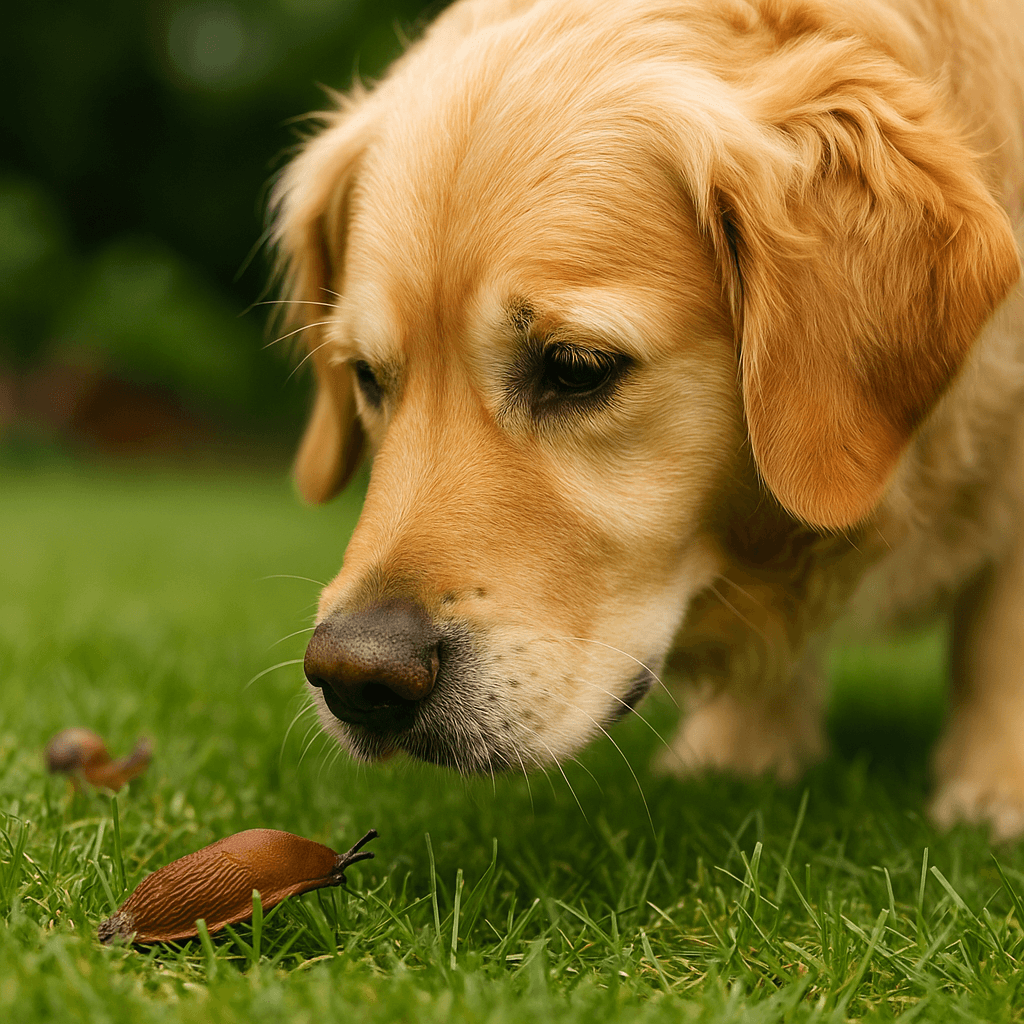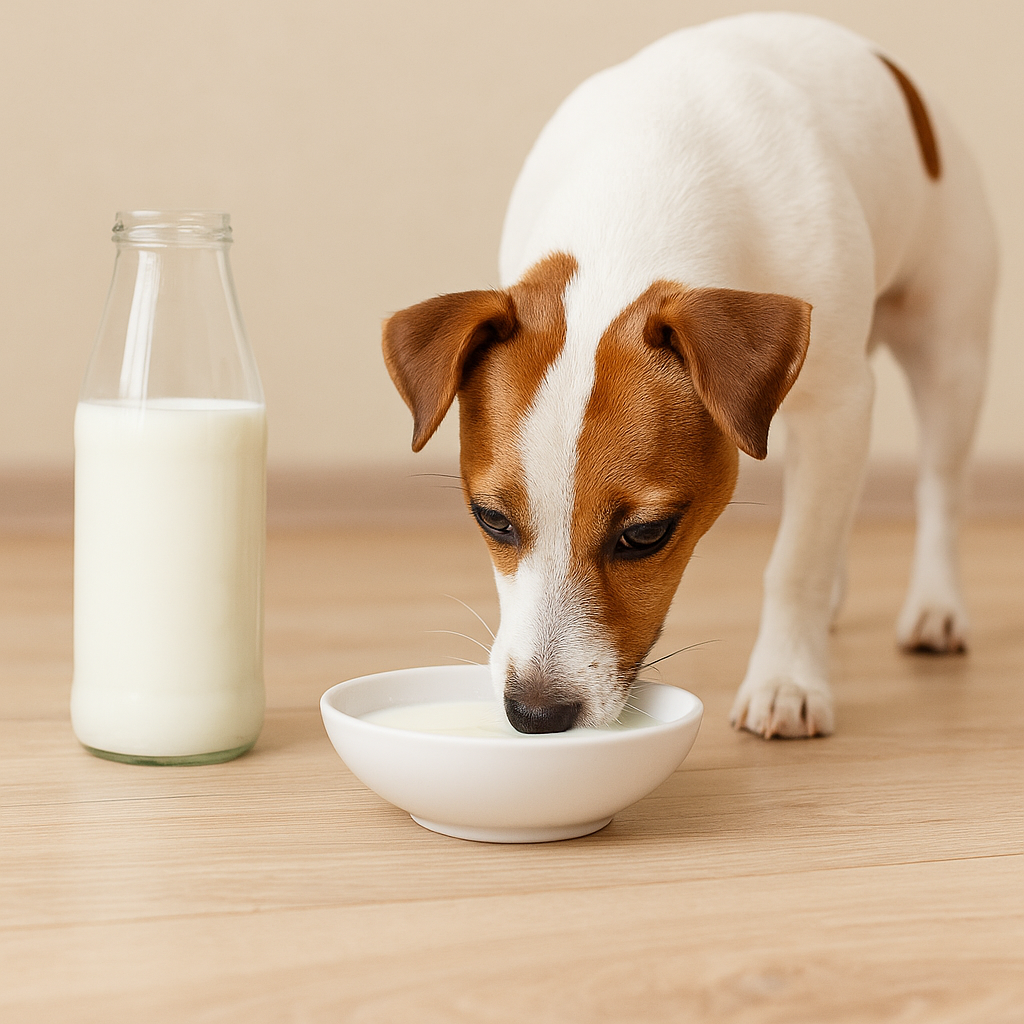Kennel cough is a common and highly contagious disease that causes dogs to cough and experience other upper respiratory symptoms. The disease can cause considerable discomfort and, in some circumstances, serious complications, although it responds quite well to veterinary treatment in most cases. Here are some critical facts regarding kennel cough, including treatment and prevention methods.
What Causes Canine Cough?
Kennel Cough, known as infectious canine tracheobronchitis, is a very contagious respiratory illness. Dogs typically get kennel cough at boarding and daycare facilities, dog parks, training groups, and dog shows, where many congregate. Airborne droplets, physical contact (e.g., touching noses), and infected surfaces (e.g., water/food bowls) can transmit the disease between dogs. It is relatively treatable in most dogs but can be more severe in puppies younger than six months and immunocompromised animals.
How will a dog get this disease?
Dogs can contract the germs and virus from an infected dog through coughing or sneezing, as well as from infected things (toys, food/water bowls).
Following exposure, dogs are susceptible to developing kennel cough three to four days following exposure. Dogs are typically exposed to kennel cough in crowded, poorly ventilated, and warm, humid environments, such as:
- Animal sanctuaries
- Boarding kennels
- Dog daycare facilities
- Grooming services
- Dog parks
How Is Kennel Cough Diagnosed or its symptoms?
If your dog has kennel cough, you may see at least one of the following symptoms:
- Severe cough with a "honking" sound.
- Runny nose
- sneezing
- lethargy
- loss of hunger
- mild fever
Even though kennel cough is easily treated in healthy dogs, coughing is an acute symptom to mention to your veterinarian since it may indicate a more serious condition.
The canine distemper virus and the canine influenza virus begin with similar symptoms to kennel cough. Additional causes of coughing include tracheal collapse, bronchitis, asthma, and even heart problems.
Kennel cough can be diagnosed based on clinical indicators, history, and therapeutic response. Identifying the underlying infection is typically unnecessary. However, diagnostic testing is advised for patients with suspected pneumonia, those who do not respond to supportive therapy, those with symptoms of systemic disease, and when numerous canines are affected by an outbreak.
In some instances, blood work (particularly a complete blood count) can reveal an elevated white blood cell count in dogs with pneumonia.

How to treat this kind of disease?
Mild instances of kennel cough are often treated with a week or two of rest; however, a veterinarian may prescribe antibiotics to avoid a secondary infection and cough medicine to alleviate the symptoms.
Get vaccinated by a veterinarian
A vaccine is available for the bordetella bacterium, the most prevalent cause of kennel cough. Many training, boarding, and daycare facilities require proof of vaccination for dogs that are frequently boarded, attend doggy daycare, compete in canine sports, or are otherwise exposed to large groups of dogs. The vaccine is available in oral, intranasal, and injectable formulations; depending on the formulation, it is typically administered two to four weeks apart, followed by a booster shot every six months to a year.
Take antibiotics
This directly treats the prevalent Bordetella bacteria. Antibiotics aid in preventing subsequent (opportunistic) bacterial infections, which are quite frequent and can worsen a viral infection or lead to pneumonia.
Pet-safe cough suppressants and pain medications
This aids in breaking the coughing cycle and soothes a sore throat. It is possible for a dog with minor symptoms to recover without treatment. However, the illness may worsen if left untreated. Your animal companion might receive much-needed comfort from their cough or sore throat if you administer prompt treatment.
It has been noted that nebulizers and vaporizers utilizing inhaled antibiotics or bronchodilators are effective, but they are not typically prescribed. Consult your veterinarian for recommended treatments.
Home remedies for kennel cough
There are several at-home treatment alternatives for minor episodes of kennel cough. However, keep looking for indications that the kennel cough is worsening or not improving.
Allowing your pup to get enough rest
Rest is one of the most effective treatments for kennel cough. If your dog gets sufficient rest, his body can fight the infection and recuperate correctly. Isolate your dog in a room away from children and other animals. This will prevent him from being disturbed while attempting to slumber.
Keeping adequate drinking water to prevent dehydration
If your dog has kennel cough, he must drink enough water. It will flush out the poisons in his body, which could speed up the virus' elimination. Give him ice cubes to chew on if your dog refuses to drink water. Consider adding chicken broth to your dog's water to enhance its flavour.
Choosing a suitable harness that does not compress the throat instead of a collar
A typical treatment for kennel cough is to replace the collar with a harness. The collar inhibits airflow, which might cause the condition to worsen. On the other hand, a harness does not impede airflow and is considered kinder to the throat. If you're seeking a harness that doesn't press on the dog's throat, the Gummy Dog Harness is ideal. This harness is entirely waterproof, tear-resistant, and odour-resistant, making it suitable for use in any weather situation. In addition, it holds effectively in both cold and warm conditions, making it easier to control your dog regardless of the climate.
Offering soft or canned food if your pet's appetite seems down — it's easier to swallow
If your pet is displaying symptoms of kennel cough, feeding them soft or food may help stimulate their appetite. In addition, keeping the patient warm and dry may help alleviate discomfort.
Avoiding smoke, dust, and other irritants in the home, like changing dog beds frequently
When your furry family member is healing from kennel cough, you should keep him away from irritants like smoking. If these chemicals enter your dog's airways, they can exacerbate his cough. If you are a smoker, you should avoid smoking around your dog.
If you wish to clean your home, you must confine your dog to a separate room until you finish. Frequently, household cleaners include harsh chemicals that may aggravate your dog's cough.
To minimize smoke, dust, and other irritants, try a machine-washable Leaf-Shaped Dog Blanket. You can keep your dog healthy and comfortable without worrying about allergens. Not only are these blankets machine-washable, but they are also large enough to cover your pet's entire body.




